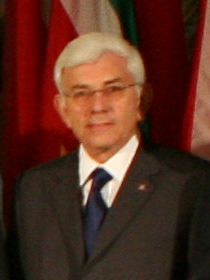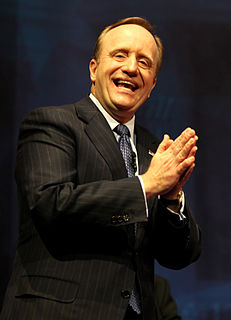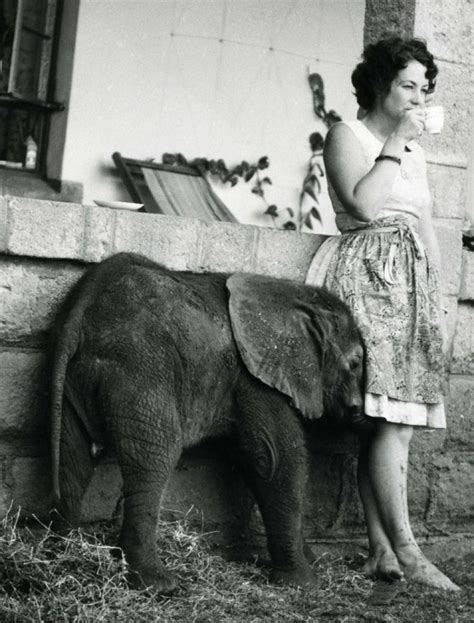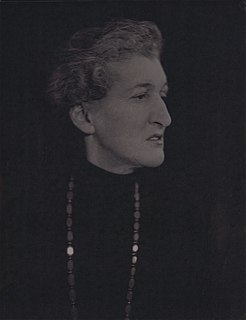A Quote by Said Musa
None can be more negative in its impact than the limitation on human resource capacity.
Related Quotes
There is only one important resource which has shown a trend of increasing scarcity rather than increasing abundance. That resource is the most important of all—human beings. . . . [An] increase in the price of peoples’ services is a clear indication that people are becoming more scarce even though there are more of us.
If you have an area where high-income receivers concentrate, you have a higher fiscal capacity. That fiscal capacity is a valuable resource and will create rent-seeking. People will trying to get that resource one way or the other, including immigration. It is very much like the medieval peasants putting their sheep on the commons pasture. It is better than the open range, and if you let them have open access they will, in fact, put too many sheep on the pasture and waste the value that the pasture has.
Our progress as a nation can be no swifter than our progress in education. Our requirements for world leadership, our hopes for economic growth, and the demands of citizenship itself in an era such as this all require the maximum development of every young American's capacity. The human mind is our fundamental resource.
More fundamental than religion is our basic human spirituality. We have a basic human disposition towards love, kindness and affection, irrespective of whether we have a religious framework or not. When we nurture this most basic human resource - when we set about cultivating those basic inner values which we all appreciate in others, then we start to live spiritually.
The Criteria of Emotional Maturity: The ability to deal constructively with reality The capacity to adapt to change A relative freedom from symptoms that are produced by tensions and anxieties The capacity to find more satisfaction in giving than receiving The capacity to relate to other people in a consistent manner with mutual satisfaction and helpfulness The capacity to sublimate, to direct one's instinctive hostile energy into creative and constructive outlets The capacity to love.
Animals are indeed more ancient, more complex and in many ways more sophisticated than us. They are more perfect because they remain within Nature’s fearful symmetry just as Nature intended. They should be respected and revered, but perhaps none more so than the elephant, the world’s most emotionally human land mammal.
If you're dealing with grappling [with] problems of feeding people, the biggest impact in fertility reduction is girls' schools. Schooled girls make a bigger impact on that than any other factor - not these various regulations [such as] you have to have one child or that. It turns out that none of these are effective.












































